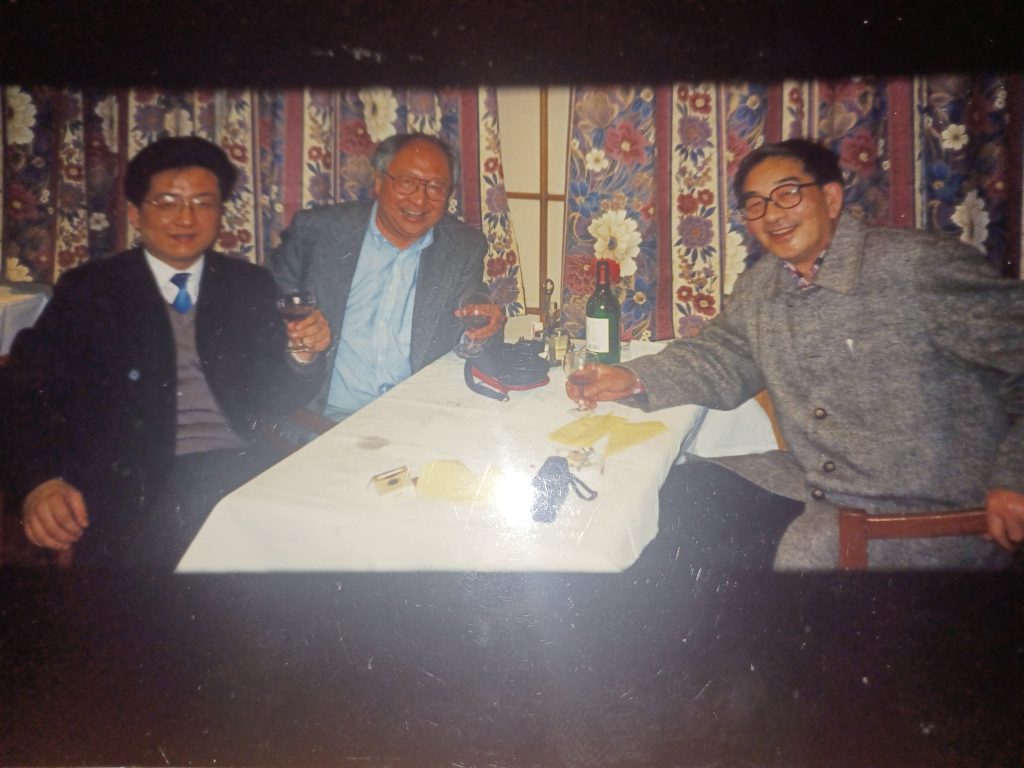Dear Karina,
Just want to let you know that I just did a very good thing yesterday.
I gave the book you gave me (Loving Yourself Into Being) to my
12-year-old granddaughter, Lexi.
It started with my finding a ‘Lucky Penny’ at the parking lot
next to the Japanese restaurant we visited the other evening.
At the dinner, I asked my grandson, Gage, whether he had
decided to become a Medical Doctor or Aerospace Scientist.
To my surprise, he informed me that he had changed his mission.
Now he wanted to become a “Billionaire”. Of course, I congratulated
him but warned about the difference between a Good Billionaire
vs. a Really Bad One.
Yesterday, they came to visit. I decided to give Gage that ‘Lucky
Penny’ I picked up at the parking lot. I wished him luck as I presented
the penny in a Little Black Box- with a folded note: ” May your
journey towards becoming a Billionaire, start with this First Lucky Penny.
May your Billions serve All of Your Noble Purposes. Love, Yeh Yeh.”
In order to be fair to both grandchildren – especially since Gage and
Lexi are Twins – I looked for a gift for Lexi as well. I found your book
on our bookshelf. That was perfect ! In the book, I wrote:” Love is the
most Valuable thing in The Whole World. Much Love to You, Lexi !
Love, Yeh Yeh. “
Many thanks to you, Karina, for having provided me with your essential
Loving Spirit.
Love,
Uncle Billy
Karina Hsieh is the daughter of my FF Fraternity Brother, Mike Hsieh and Sister Tonia.
Karina Hsieh is a Relationship Consultant, Poet & Entrepreneur fueled by Love and Gratitude. She studied Psychology at Harvard and worked in Silicon Valley as a Happiness Engineer before backpacking solo around the world for 1-1/2 years to cultivate her own self-love and compassion. She distilled her learnings into a poetry book on self-love and compassion, “Loving Yourself Into Being” that she published Spring 2020. Now, she is developing “Honeymourn” a new counseling framework to help couples lovingly let go of relationships that are no longer serving them. She is currently obtaining her Master’s in Marriage & Family Therapy at The Wright Institute in Berkeley, CA.
Karina craves exponential growth and perpetually follows Love, especially self-love, as her North Star. When she’s not writing, you can find her dancing, singing, traveling, teaching fitness classes, or unmasking miracles hidden in plain sight.
You can follow her poetry on Instagram at @karinahsieh_ and adventures at @karinahsiehlove
_________________________________________________________________________




